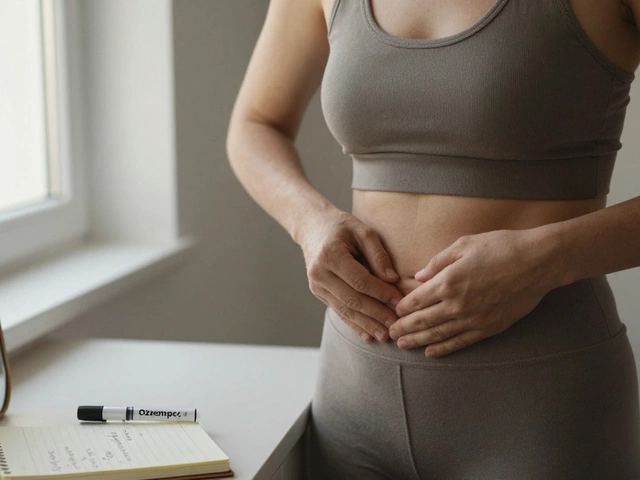Diabetes – What You Need to Know About Medicine Safety in India
If you have diabetes, you already know that keeping blood sugar steady is a daily battle. But have you ever wondered if the drugs you take could be doing more harm than good? In India, many common diabetes medicines contain ingredients that can turn toxic when misused, mixed with other drugs, or taken without proper monitoring. This guide breaks down the real risks and gives you simple steps to stay safe.
Common Diabetes Drugs and Their Hidden Risks
Metformin is the go‑to pill for many Indians because it’s cheap and works well. Yet, taking it on an empty stomach or with heavy alcohol use can lead to lactic acidosis – a rare but serious condition. Sulfonylureas (like glimepiride) boost insulin, but they can cause dangerous low blood sugar if you skip meals or combine them with other hypoglycemic agents.
Newer drugs such as SGLT2 inhibitors (dapagliflozin, empagliflozin) help the kidneys flush out excess glucose, but they also raise the odds of urinary tract infections and, in rare cases, ketoacidosis even when blood sugar looks normal. GLP‑1 agonists (like Ozempic) are popular for weight loss, yet they may trigger pancreatitis if you have a history of pancreas issues.
Because many pharmacies in India sell these medicines without a prescription, patients often self‑dose or mix them with herbal supplements. That’s a recipe for toxic drug interactions. For instance, combining metformin with high‑dose turmeric supplements can raise the risk of kidney stress.
Practical Tips to Keep Your Diabetes Treatment Safe
1. Get a prescription from a qualified doctor. Even if a drug is over‑the‑counter, a doctor can check your kidney function, liver health, and other meds you’re on.
2. Follow dosage timing. Take metformin with food, avoid taking SGLT2 inhibitors right before a heavy exercise session, and never skip meals when on sulfonylureas.
3. Watch for warning signs. Persistent nausea, breath that smells fruity, sudden dizziness, or dark urine could mean a toxic reaction. Call your doctor immediately.
4. Stay hydrated. Proper fluid intake helps the kidneys clear out excess drug metabolites, especially important with SGLT2 inhibitors.
5. Be cautious with herbal blends. Ayurvedic herbs are great, but they can interact with prescription meds. Ask your pharmacist if a herb contains guggul, ashwagandha, or berberine before mixing it with diabetes pills.
6. Schedule regular lab tests. Check HbA1c every three months, and get kidney and liver panels twice a year. Early detection of toxicity can prevent complications.
7. Use a pill organizer. It keeps track of what you’ve taken and helps avoid accidental double‑dosing.
By staying informed and following these easy habits, you can lower the chance of drug‑related toxicity while still managing blood sugar effectively.
Diabetes doesn’t have to be a gamble with your health. Knowing which medicines might turn harmful and how to use them safely gives you real control. Keep this page bookmarked, share it with fellow patients, and always talk to a healthcare professional before making any changes to your treatment plan.
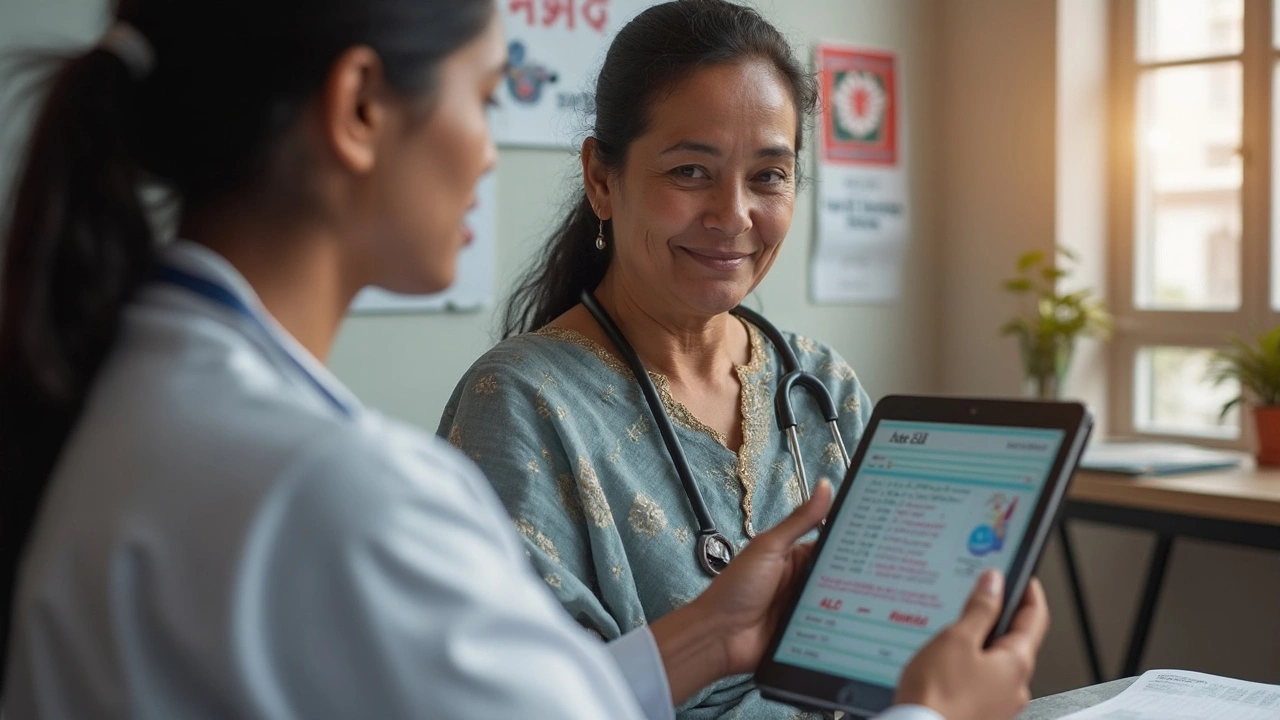
A1C Levels for Ozempic: What You Need to Know
Wondering what your A1C needs to be to get prescribed Ozempic? This article explains the exact A1C threshold doctors look for, what Ozempic is for, and the steps involved if you want to get a prescription—especially through an online pharmacy. Get real-life tips on how to talk to your doctor and what medical records you’ll need. Find out what matters most if you’re thinking about Ozempic for diabetes or weight loss.
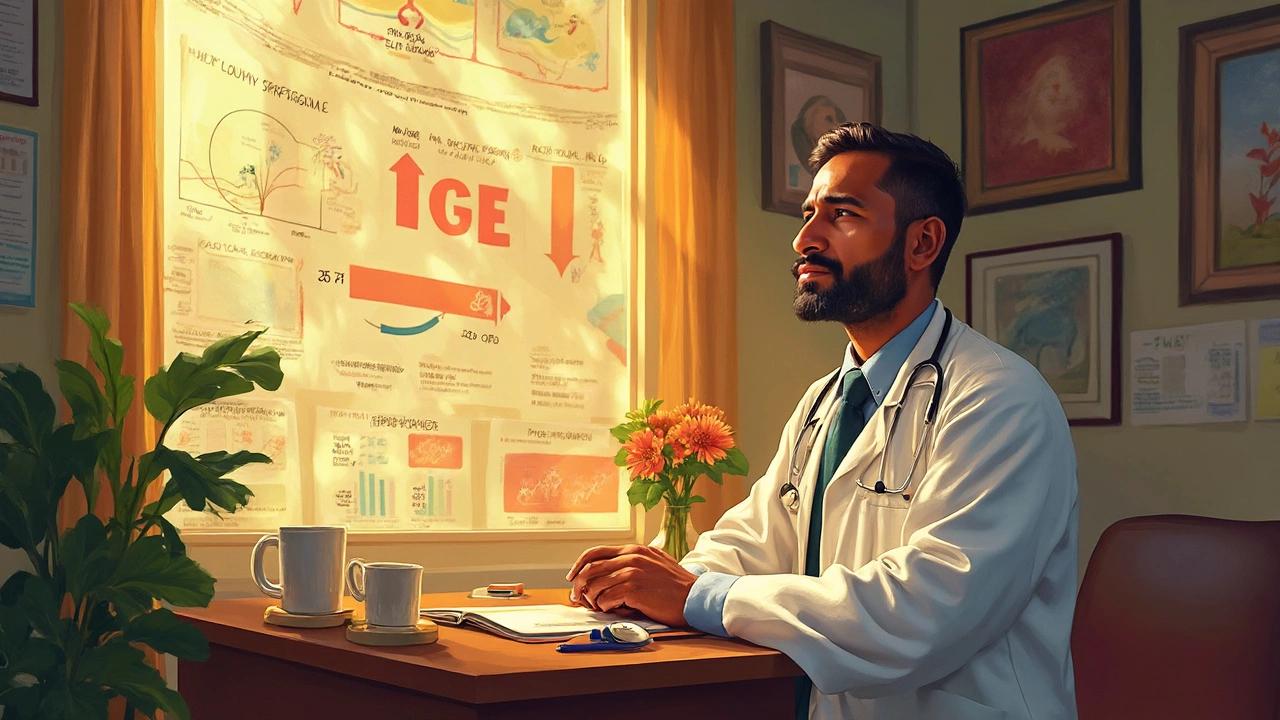
Start Metformin at the Right A1C: What You Should Know
Knowing when to start metformin is key for effectively managing type 2 diabetes. This article explores the specific A1C levels that typically indicate the need for this medication. By understanding these indicators and considering your lifestyle, you can make informed decisions about your treatment plan. Insightful tips and reliable information help you navigate your path with ease. It's about taking control of your health with confidence.
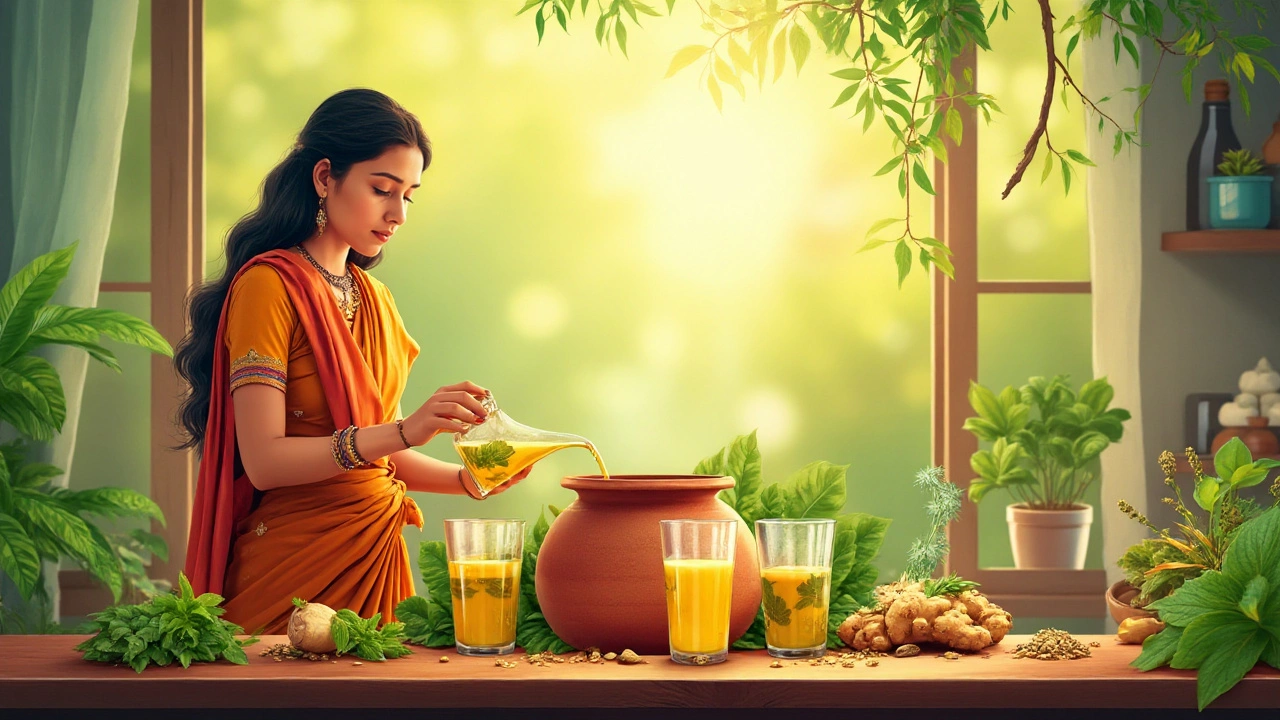
Diabetes-Friendly Drinks: Lowering Blood Sugar Naturally
Managing blood sugar levels is crucial for individuals with diabetes. Among various strategies, incorporating certain drinks into one's diet can aid in lowering blood sugar naturally. This article explores some beverages known for their potential benefits in diabetes management. Discover which drinks may help control your glucose levels effectively.
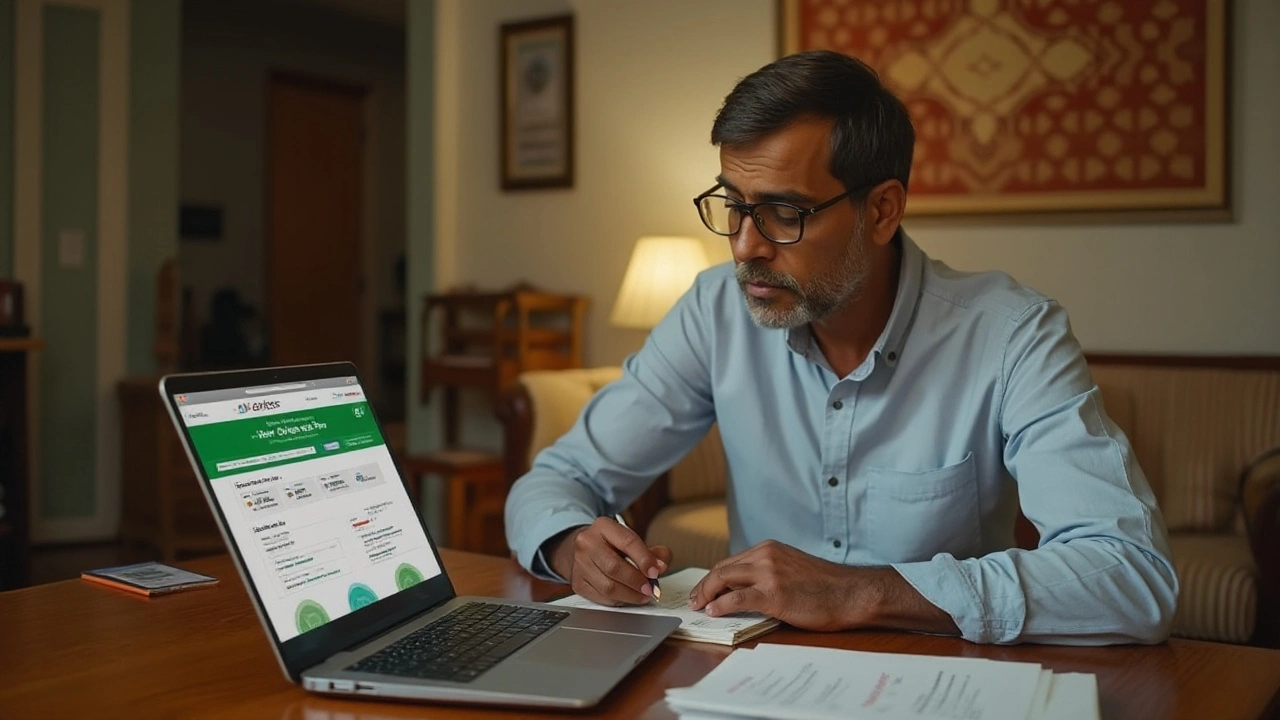
How to Qualify for Ozempic at an Online Pharmacy
Navigating the process of qualifying for Ozempic through an online pharmacy can be daunting, especially without clear information. This article delves into understanding the medication's purpose, qualification requirements, consultation process, and tips on ensuring a safe online purchase. From managing diabetes Type 2 to consulting with a healthcare provider virtually, every detail matters in accessing this medication. Consider every factor essential for an informed journey to obtaining Ozempic safely and effectively.
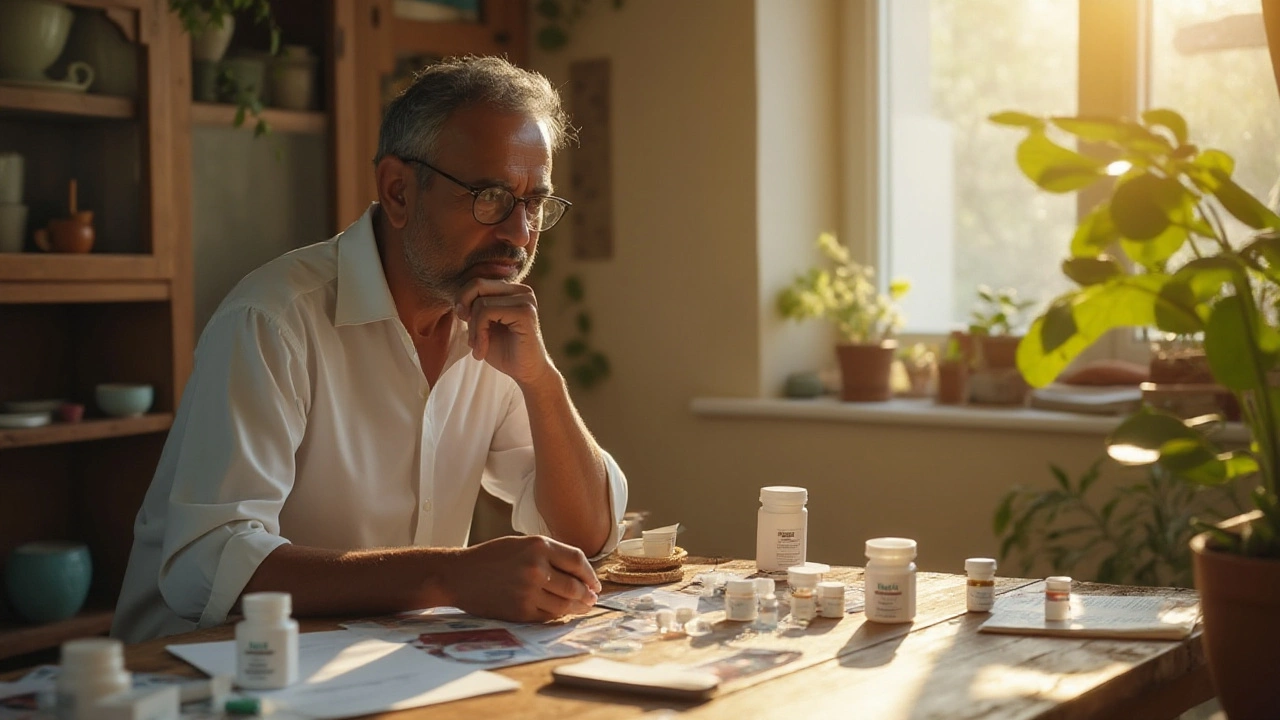
Discovering the Top Diabetes Medication in 2025
Diabetes is a common condition that requires effective management through medication among other strategies. This article explores the most popular medication used for diabetes as of 2025. It delves into how these medications work, their benefits, and any potential side effects. Additionally, it provides insightful tips for choosing the right diabetes medication.
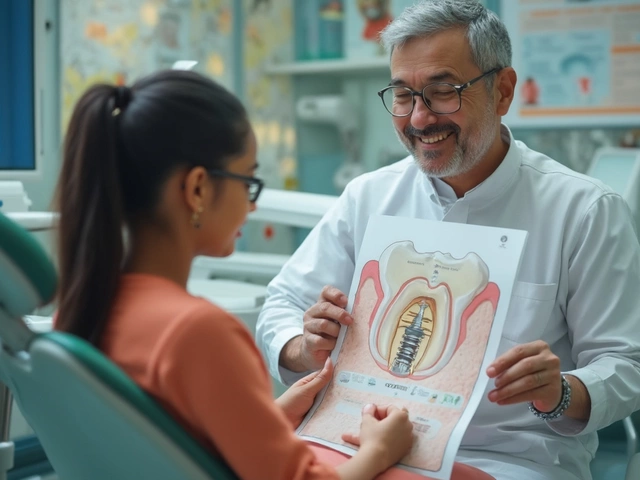
How Long Do Dental Implants Really Last?
Mar, 11 2025

Ayurvedic Medicine: What Is It Really For?
Jun, 12 2025


